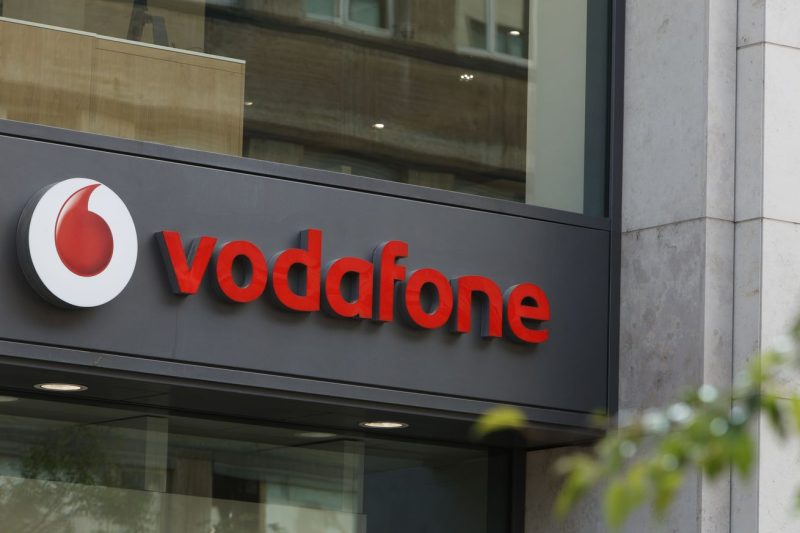Vodafone and Three Clear to Merge and Form the UK’s Biggest Mobile Operator
The recent announcement of Vodafone and Three’s decision to merge to form the largest mobile operator in the UK has sent shockwaves through the telecommunications industry. This landmark move is poised to reshape the competitive landscape of the UK’s mobile market and potentially bring about significant changes for consumers and businesses alike.
The merger between Vodafone and Three is a strategic response to the increasing demand for enhanced mobile services and the need for robust infrastructure to support the growing digital economy. By combining their resources and expertise, the new entity aims to deliver unparalleled network coverage, faster speeds, and innovative services to its customers.
One of the key drivers behind this merger is the fierce competition in the UK’s telecommunications sector. With the rise of new technologies, such as 5G and Internet of Things (IoT), mobile operators are under pressure to invest in upgrading their networks and expanding their service offerings. By joining forces, Vodafone and Three can pool their resources to accelerate the deployment of advanced technologies and stay ahead of the curve in terms of innovation.
Moreover, the merger is expected to bring about cost savings and operational efficiencies for both companies. By consolidating their operations, Vodafone and Three can streamline their processes, optimize their infrastructure, and reduce redundant expenditures. This, in turn, could lead to more competitive pricing, improved services, and a better overall customer experience.
Despite the potential benefits of the merger, there are also concerns about its impact on competition and consumer choice. With the creation of the UK’s largest mobile operator, there is a possibility that other players in the market might struggle to compete effectively. This could potentially lead to higher prices, reduced service quality, and limited options for consumers.
To address these concerns, regulatory authorities will play a crucial role in overseeing the merger process and ensuring fair competition in the market. By imposing conditions and safeguards, such as spectrum caps and service obligations, regulators can prevent anti-competitive behavior and safeguard consumer interests.
In conclusion, the merger between Vodafone and Three marks a significant milestone in the evolution of the UK’s telecommunications industry. By forming the country’s largest mobile operator, the two companies are poised to drive innovation, improve network quality, and deliver exciting new services to customers. However, regulatory oversight will be essential to address competition concerns and ensure a level playing field for all market players. Only time will tell how this merger will shape the future of mobile communications in the UK.


























